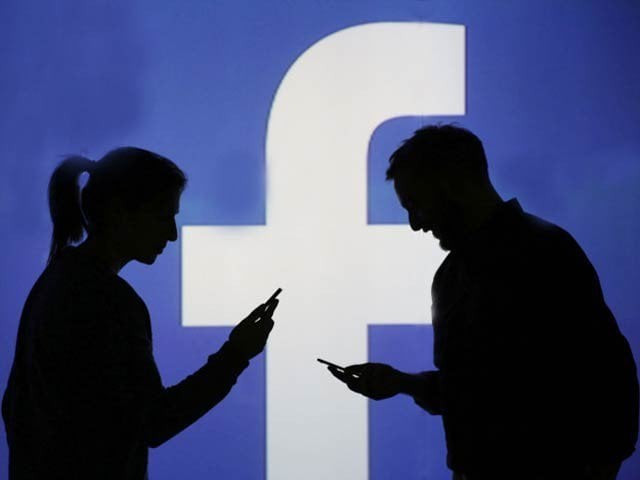Facebook CEO backed sharing customer data despite second thoughts
The CEO’s 2012 emails provide an unusual window into the internal deliberations over the critical strategic question

Upon reaching meeting spot, girl's relatives assaulted Bilal before robbing him. PHOTO: EXPRESS/FILE
The decision made it possible for a quiz app to gather data on about 87 million Facebook users the following year, and later share the information with the now-defunct British political consulting firm Cambridge Analytica, which worked on Donald Trumps’ presidential campaign.
Facebook simplifies Messenger app
Zuckerberg lamented his choice in a Facebook post on Wednesday, saying that cracking down a year earlier could have helped the company avoid a privacy scandal that has tarred its reputation.
The CEO’s 2012 emails, obtained by a British government panel investigating Facebook, provide an unusual window into the internal deliberations over the critical strategic question of how much customer data the social network should share.
Facebook had recently gone public and was counting on third-party apps such as games to help drive growth.
But Zuckerberg questioned whether such apps and the data they sent back to Facebook were producing sufficient increases in usage and revenue.
“In theory, we want information, but are the posts developers are giving us actually valuable?” Zuckerberg wrote in response to a lengthy email from a lieutenant. “They don’t seem to be for targeting [content] and I doubt they drive meaningful increases in engagement either.”
Former Facebook employee sues over mental trauma
A proposed alternative was charging apps for access to Facebook user data, though such a move would have likely limited the number of apps that worked with Facebook, Zuckerberg wrote in one message.
Facebook stayed the course, with Zuckerberg rejecting fees in late 2012.
“The purpose of the platform is to tie the universe of all the social apps together so we can enable a lot more sharing and still remain the central hub,” he said in an email to several top executives. “This finds the right balance between ubiquity, reciprocity and profit.”
By 2014, Facebook had moved to restrict the free promotion and wide data access from which outside developers benefited. Though the tools and data remained free, they became less valuable to many app makers.



















COMMENTS
Comments are moderated and generally will be posted if they are on-topic and not abusive.
For more information, please see our Comments FAQ